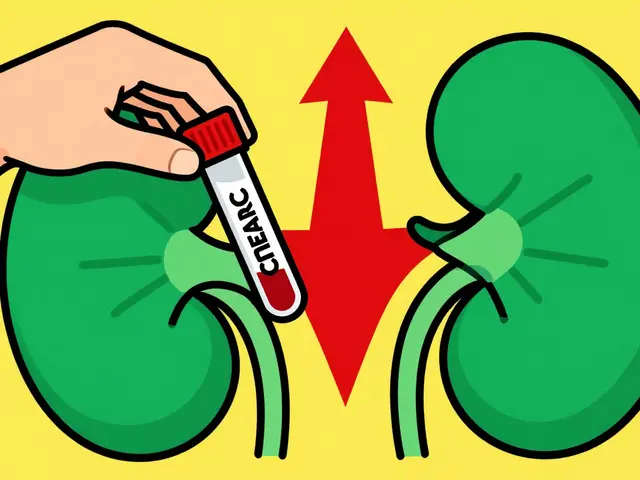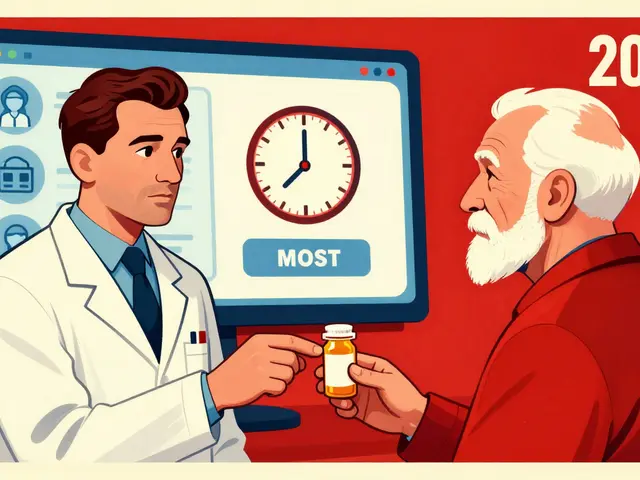Albendazole Resistance: Simple Guide for Patients and Professionals
Albendazole is a go‑to drug for treating roundworm, tapeworm and hookworm infections. It works by stopping the parasite’s ability to absorb sugar, which kills it. But over time some parasites learn to dodge the drug. That’s called albendazole resistance, and it can leave you or your animal still sick after treatment.
Why Resistance Develops
When the same drug is used again and again, the parasites that survive get a chance to multiply. Those survivors often have tiny genetic changes that make the drug less effective. In farms, frequent deworming of livestock creates a perfect breeding ground for resistant worms. In humans, poor compliance – skipping doses or stopping early – gives the same advantage to the toughest parasites.
Environmental factors matter too. Warm, moist areas let parasites thrive, so they get more chances to be exposed to the drug. In places where albendazole is sold over the counter, people may take the wrong dose, which again pushes the selection of resistant strains.
What to Do When Resistance Happens
First sign of resistance is treatment failure – symptoms stick around or return quickly. If you suspect this, get a stool test or a blood test that checks for parasite DNA. The lab can tell you if the worm still carries the drug‑sensitive genes.
Switching to another class of anthelmintics is the next step. Options include ivermectin, levamisole, or newer drugs like moxidectin. Your vet or doctor will pick the best one based on the parasite type and local resistance patterns.
Combination therapy works well too. Using albendazole together with another drug hits the parasite from two angles, lowering the odds that it survives. For livestock, rotating the class of dewormer every few months helps keep resistance low.Preventing resistance is often cheaper than fighting it. Give the right dose at the right interval, and avoid unnecessary treatments. Good hygiene – washing hands, cooking meat well, and keeping animals clean – reduces the chance of getting infected in the first place.
If you’re a farmer, consider a targeted treatment plan. Instead of deworming every animal, test groups and treat only those that need it. This strategy cuts drug use and slows resistance on the farm.
In the end, albendazole remains a powerful tool, but it’s not invincible. Watching for treatment failure, using proper testing, and rotating or combining drugs can keep parasites in check. Talk to your health professional as soon as you notice anything off – early action saves time, money and health.





